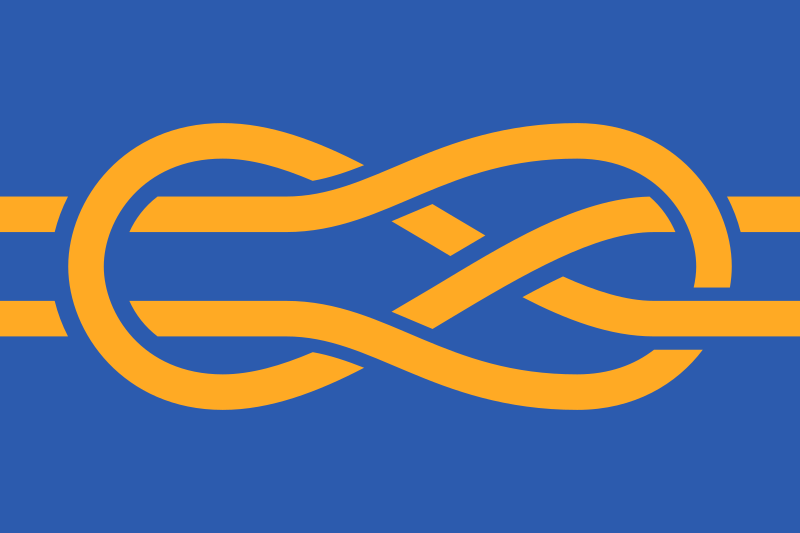

I would think the same so-called AI that told us to eat rocks regularly, or that thinks it’s still 2024, or that “hallucinates” other stuff will make conquering our planet harder. Particularly, if these aliens are unaware of the concept of deception.






Language isn’t logical in a mathematical sense. Every language develops its own logic over time as an unspoken consensus that only after the fact gets codified as orthography and grammar.
The big mother language to most languages in Europe, Protoindoeuropean, has its origins millennia ago somewhere in Ukraine. Linguists have pieced together what this language most likely sounded like. It’s a game of probabilities and good educated guesses but it’s fascinating. If you’re a nerd. One theory is that at the earliest time when this language was formed, most if not all verbs were what we would call today irregular, think know-knew-known or sing-sang-sung etc. Small language communities have no problem with insane and arbitrary grammar like that. You learn it with your mother’s milk so to speak. Very few outsiders have to deal with it. And life just goes on.
English is a true mix of stuff. The Germanic invadors after the Romans left had to deal with the native celts. They were themselves invaded by Vikings from Scandinavia and some 300 years later by Vikings that had become French. Both brought their own languages with them and influenced English. Both invasions caused situations where adults were put in a situation of having to learn another language. What kids soak up like sponges, grownups have a harder time with. So they take shortcuts in their speech. They didn’t struggle too much with sing-sang-sung because that’s a typical protoindoeuropean vowel change that exists just like that in many European languages to this day in versions of this particular verb. But some of the other verbs were just too hard to remember! Let’s just whack a -t or -d sound at the end and Bob’s you uncle. And that’s how English lost a lot of its irregular verbs. Over time this became -ed in most cases. But, as I said, we don’t follow a mathematical Boolean logic here. It allowed for hangers-on, regional varieties, and new formations of irregular forms. Burnt/burned hung on, fucked/fuckt did not. The reason is the flow of history.